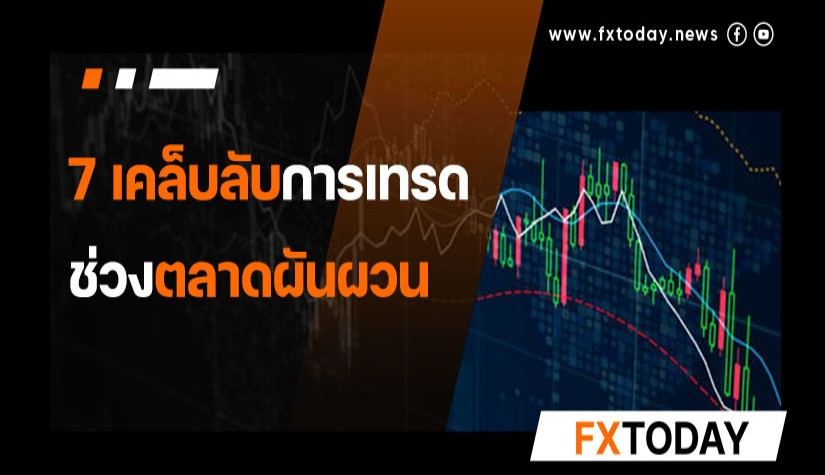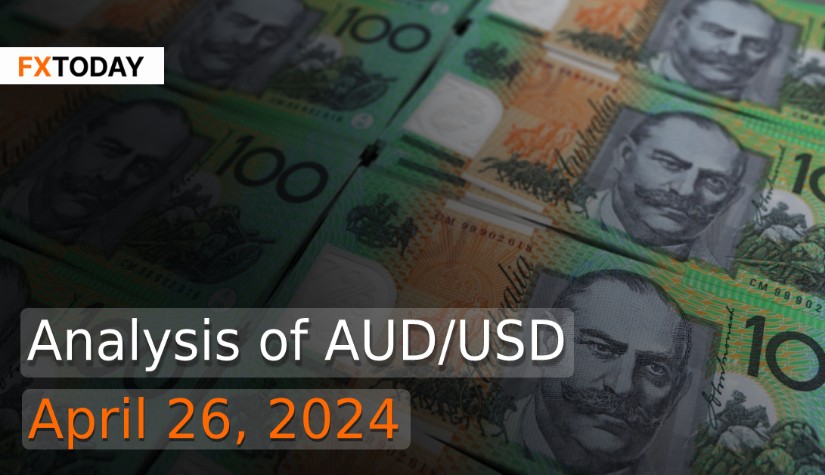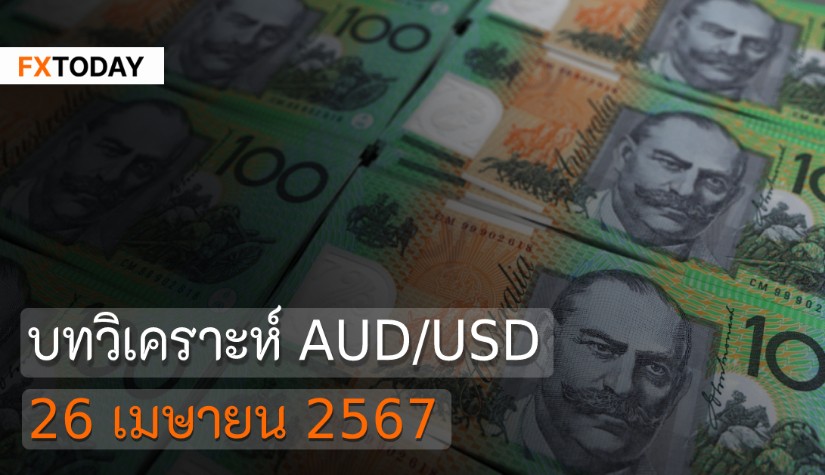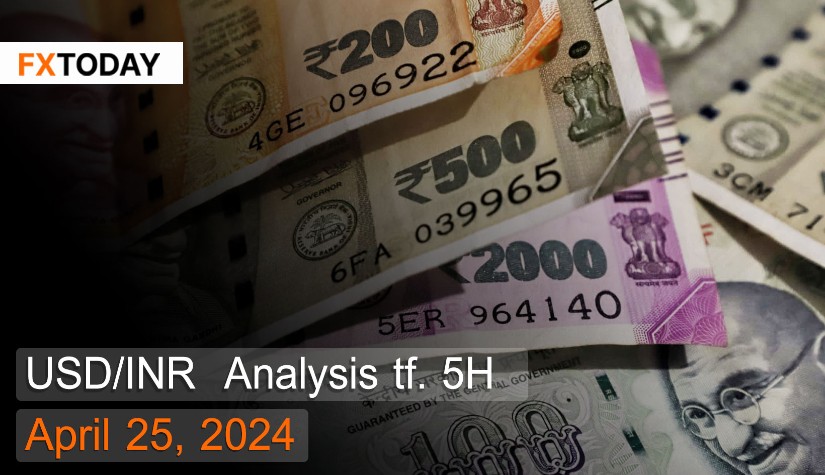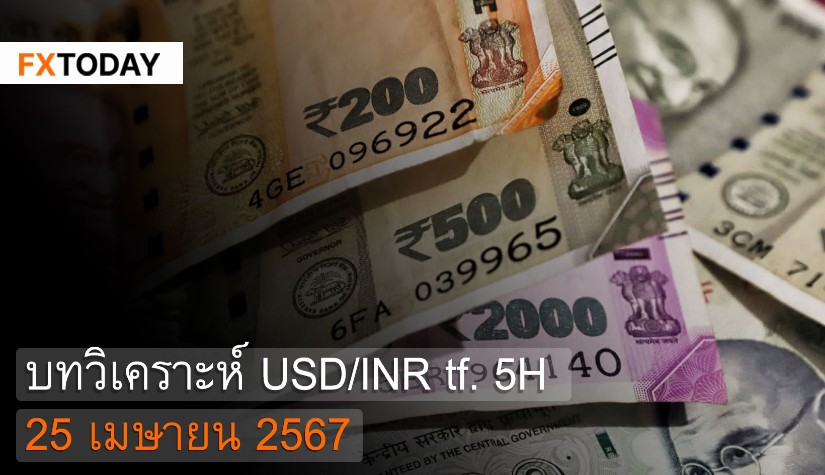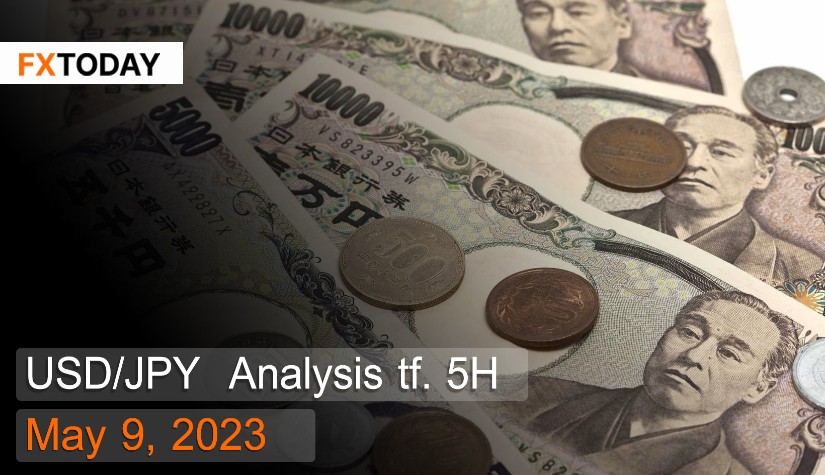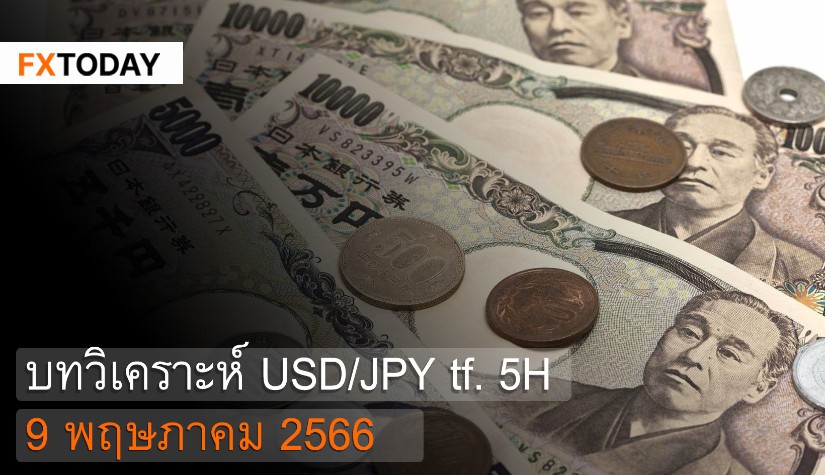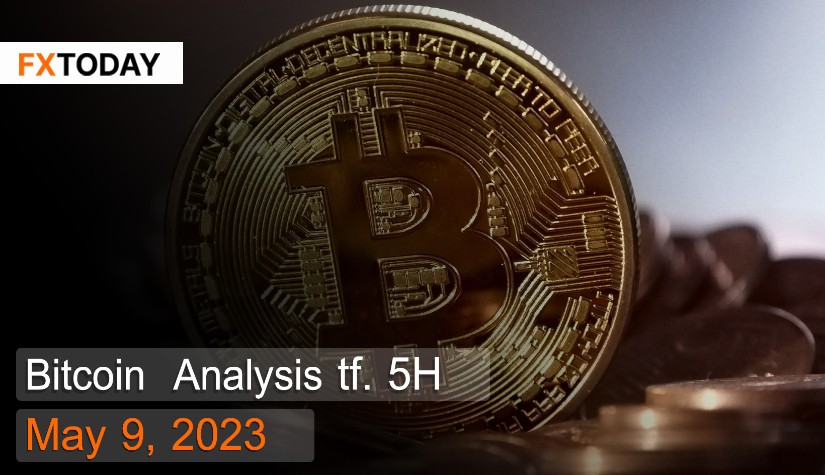When one currency is strong, it is expected that another will decline; this is conventional knowledge. However, what is an appreciating-depreciating currency?
How does currency fluctuation affect the economy, markets, investors, and the general public? Why does everyone have to understand currency appreciation - depreciation? In this article, we shall guide all readers to the answers.
What Is Currency?
Generally, money is an internationally accepted medium for exchanging goods/services and legal settlement. According to market mechanisms, the value of money can fluctuate at any time; no currency can avoid or oppose the mechanism.
What Defines the Currency Value?
Currency value, often known as the exchange rate, is the worth of one currency when it is exchanged for another. Therefore, if one side appreciates, the other side will depreciates, making the amount you get different each time. In addition, the value of money also affects the direction of the economy and investment.
For example, if the USD rises, the JPY will fall. When $1 USD is equal to ¥128, it means that you need more JPY to trade, making the JPY less valuable.
In contrast, if the USD decreases, the JPY will appreciate, allowing you to trade with fewer JPY since the JPY will be more valuable.
In short, a weak currency is a currency that is less valuable compared to another currency. A strong currency is a currency that is more valuable compared to another currency.
Factors Affecting the Currency
The main contributing factors for a currency are supply and demand, which is caused by the following:
1) Domestic monetary policy
The monetary policies of the central bank, such as raising and lowering interest rates, influence investor demand for money in a country since higher interest rates offer greater returns. Nonetheless, higher interest rates may potentially disrupt investment markets.
2) International reserves
International reserves act as collateral for domestic money issuance, affecting the legitimacy of each currency and investor confidence. Therefore, international reserves can encourage international trade and investment.
3) Foreign Trade and Investment
Foreign trade and investment are seen as a massive fund flow, which represents the state of a country's international trade. A successful trade will increase the demand for a currency. If this capital supply vanishes, the country's currency will fluctuate.
4) domestic and international situations
Domestic and global conditions influence the direction of a currency. If a country is poorly governed, foreign commerce and investment will decrease. Consequently, internal administration plays a crucial role.
Additionally, foreign relations can alter the value of currencies.
Effects When the Currency Is Appreciating/Depreciating
Not only do currency fluctuations effect the Forex market, but also the stock market, businesses, and investors, as well as the general populace.
Importing and Exporting
Importers benefit from a strong currency because they can buy goods and services from other countries with less money. People within the country will be able to purchase cheaper goods from abroad or products including foreign raw materials as a result of the decreased cost of imports.
On the other side, exporters and persons working abroad will gain from a weaker currency since they can exchange more foreign cash for domestic currency.
Tourism
The appreciation of the currency reduces the number of foreign tourists since they must spend more money to visit the operators, who consequently earn less. Conversely, a weak currency can attract more tourists, resulting in larger returns for investors.
Balance Monetary Institutions
Nothing cannot determine how much a particular currency should be fixed since doing so would go against market forces and harm the economy and credibility of the country in question.
However, if the currency's value is too low, it may also have a negative impact on the domestic economy.
Therefore, every country has an agency called "Central Bank" to control the stability of the currency and the overall economic situation of the country to not fluctuate too much.
As the USD is the most traded currency in the world, The Federal Reserve (Fed) is the most powerful central bank in the world.
Conclusion
In conclusion, currency values can fluctuate at any time based on a variety of circumstances, as reflected by the appreciation and depreciation of currency pairs. A change in currency will affect both the economy, the business sector, and the public sector.
In Forex trading, investors can reduce currency volatility and risk by using pending orders and stop loss/take profit. If there is excessive volatility, investors should be more cautious and may choose to avoid trading in the currency to preserve their own wealth.
____________________________________________
Maximize your knowledge: Articles
Keep up to date on global events: News
Explore in-depth analysis: Technical Analysis





